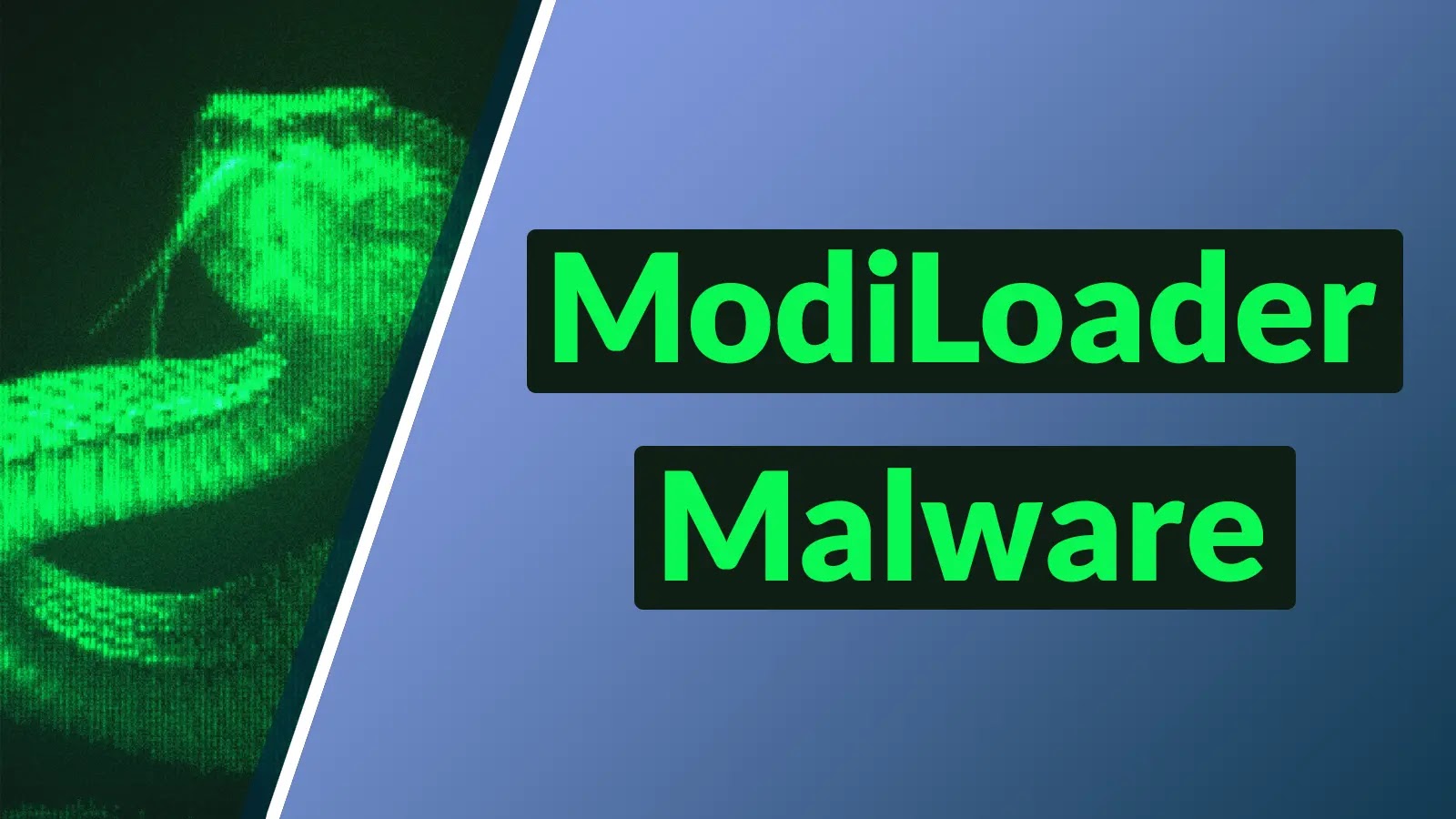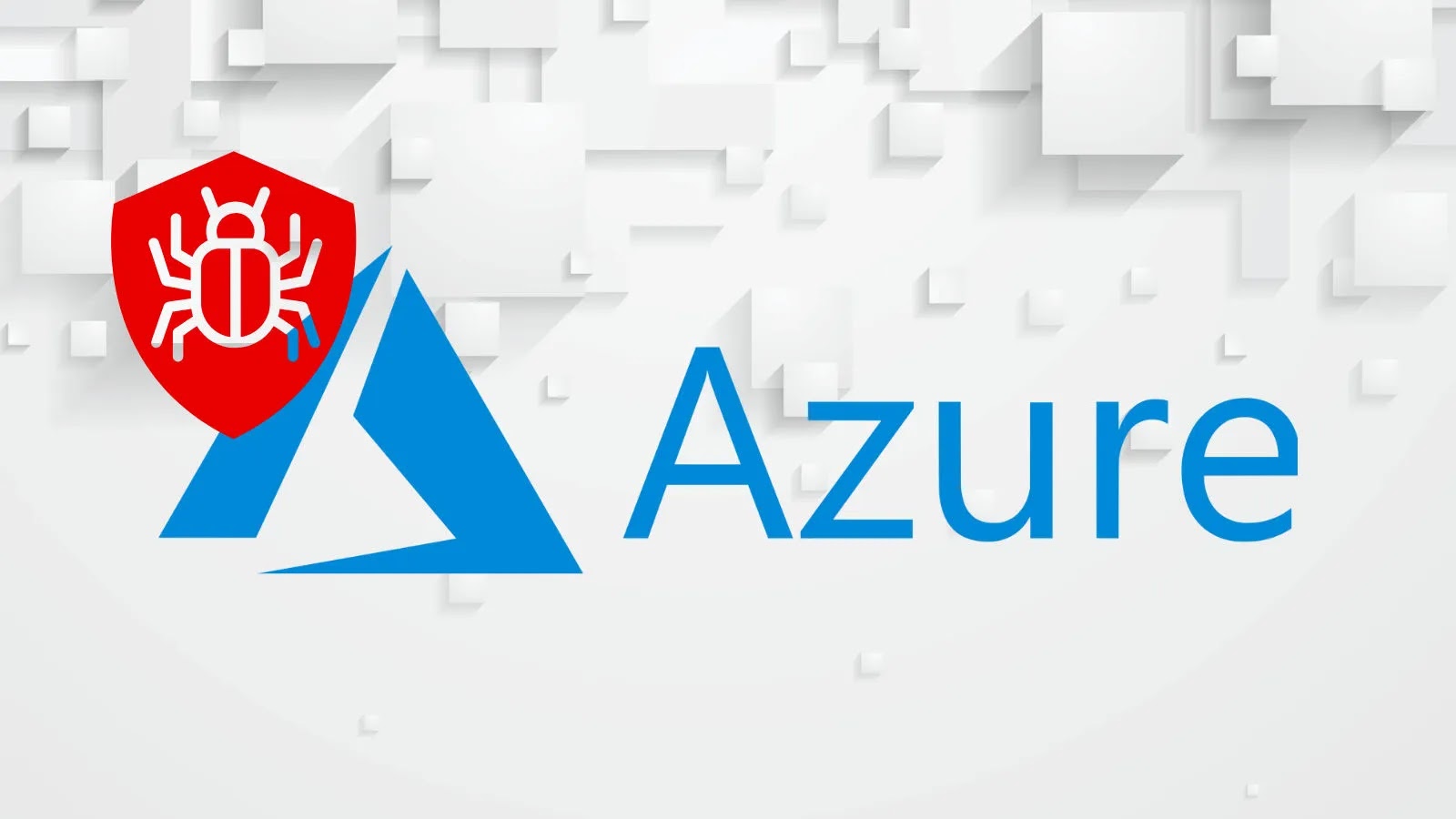A sophisticated malware strain known as ModiLoader, also referred to as DBatLoader, has emerged as a significant threat to Windows users. This malware employs advanced techniques to infiltrate systems, evade detection, and exfiltrate sensitive information.
Infection Vector and Initial Deployment
ModiLoader primarily spreads through phishing campaigns that impersonate legitimate entities. In recent incidents, attackers have sent emails written in Turkish, posing as reputable Turkish banks. These emails prompt recipients to open attached RAR files, which are purported to contain transaction records. Upon opening these attachments, users inadvertently execute batch files that deploy the ModiLoader malware. This method leverages social engineering to trick users into initiating the infection process.
Technical Execution and Evasion Tactics
Once executed, ModiLoader employs a series of obfuscated batch scripts to establish persistence and evade detection. These scripts perform various functions to manipulate the system environment, creating an intricate web of legitimate and malicious processes working in tandem. The malware utilizes the Windows Esentutl command to copy cmd.exe as alpha.pif and creates directories with spaces in their names, such as C:\Windows \SysWOW64, to disguise them as legitimate system paths. This technique helps the malware avoid detection by security software that may not properly parse paths with unusual spacing.
Additionally, ModiLoader employs DLL side-loading to further obscure its presence. It creates a program named svchost.pif that masquerades as the legitimate easinvoker.exe process. Alongside this, it deploys a malicious netutils.dll in the same directory, causing the legitimate process to exhibit malicious behavior when it loads the compromised DLL. This method allows the malware to blend in with normal system operations, making it more challenging to detect.
Payload Deployment and Data Exfiltration
After establishing a foothold, ModiLoader executes its final payload, SnakeKeylogger, a notorious information-stealing malware developed in .NET. SnakeKeylogger is designed to harvest a wide range of sensitive information from infected systems, including system details, keyboard inputs, clipboard data, and potentially stored credentials. The malware supports multiple data transmission methods, such as email, FTP, SMTP, and Telegram channels, to exfiltrate the stolen information. In the analyzed sample, SnakeKeylogger utilized a Telegram bot token to transmit data to a command-and-control server, complicating detection and interception efforts.
Global Impact and Targeted Regions
ModiLoader has been observed in various phishing campaigns targeting small and medium-sized businesses across multiple countries, including Poland, Romania, and Italy. In May 2024, ESET researchers detected nine notable ModiLoader phishing campaigns in these regions, with seven targeting Poland. These campaigns resulted in the installation of several malicious programs on victims’ devices, including Agent Tesla, Formbook, and Remcos RAT. The attackers exploited compromised email accounts and company servers to disseminate malicious emails and host malware, aiming to steal credentials and gain initial access to corporate networks.
Recommendations for Mitigation
To protect against ModiLoader and similar malware threats, users and organizations should implement the following measures:
1. Exercise Caution with Email Attachments: Be wary of unsolicited emails, especially those prompting the opening of attachments or clicking on links. Verify the authenticity of the sender before interacting with the content.
2. Keep Software Updated: Regularly update operating systems, applications, and security software to patch vulnerabilities that malware may exploit.
3. Implement Advanced Email Filtering: Utilize email security solutions that can detect and block phishing attempts and malicious attachments.
4. Educate Users: Conduct regular training sessions to raise awareness about phishing tactics and the importance of cybersecurity hygiene.
5. Monitor Network Activity: Implement network monitoring tools to detect unusual behavior that may indicate a malware infection.
By adopting these practices, individuals and organizations can enhance their defenses against ModiLoader and other evolving cyber threats.



